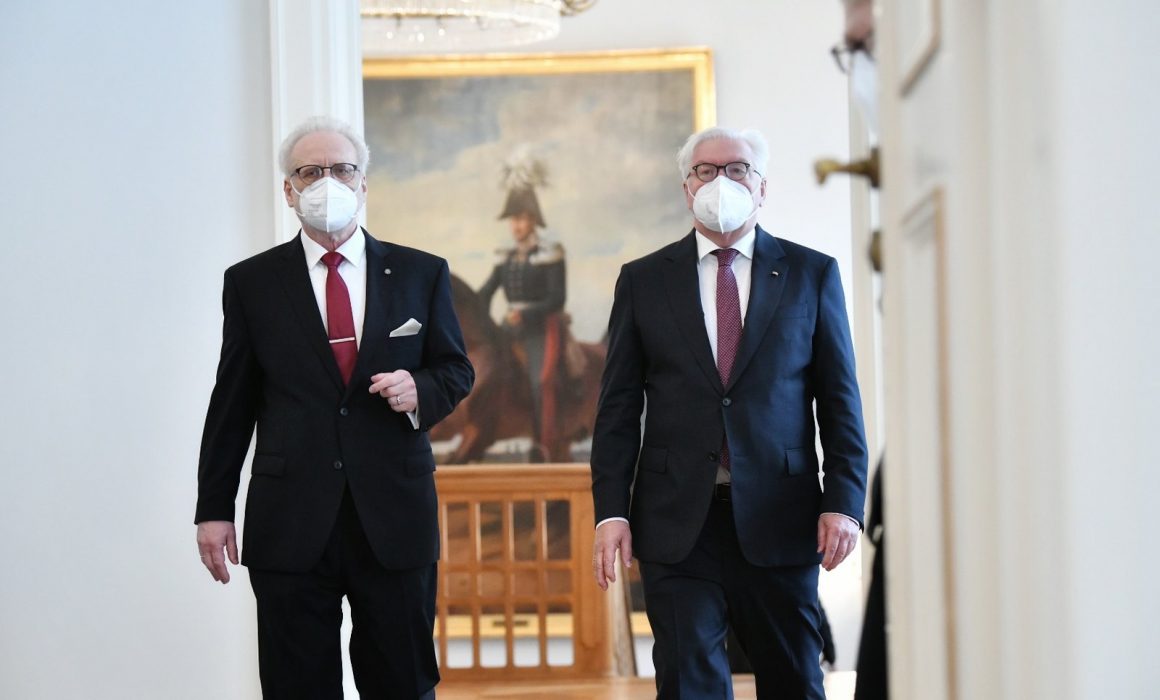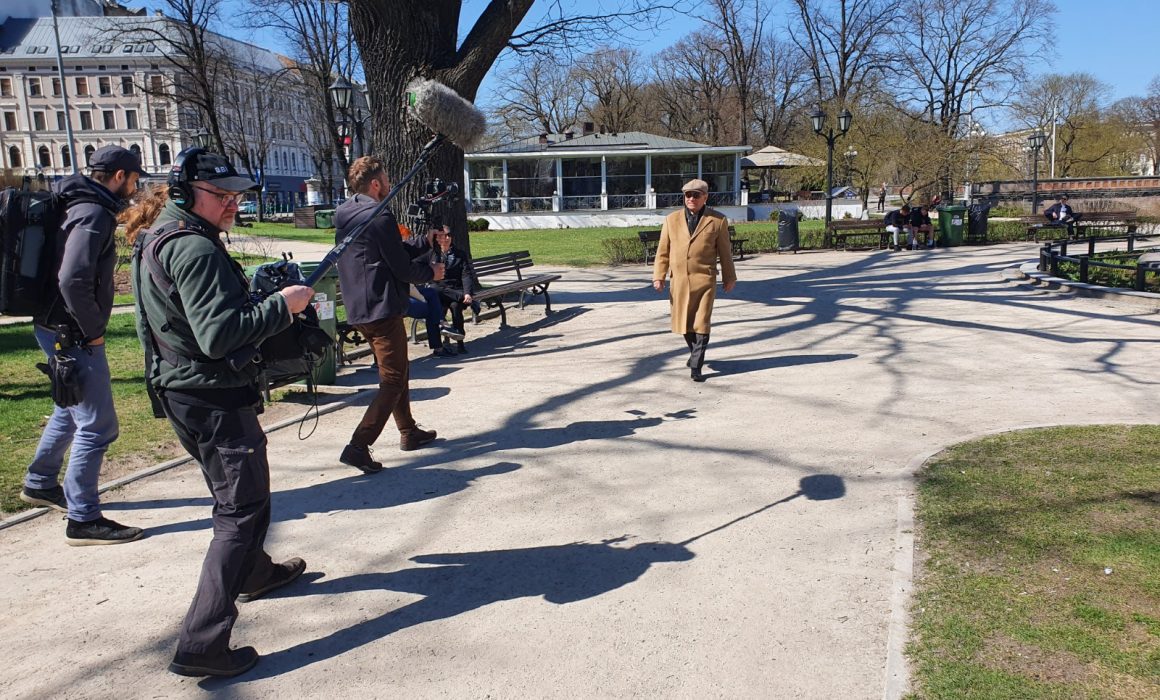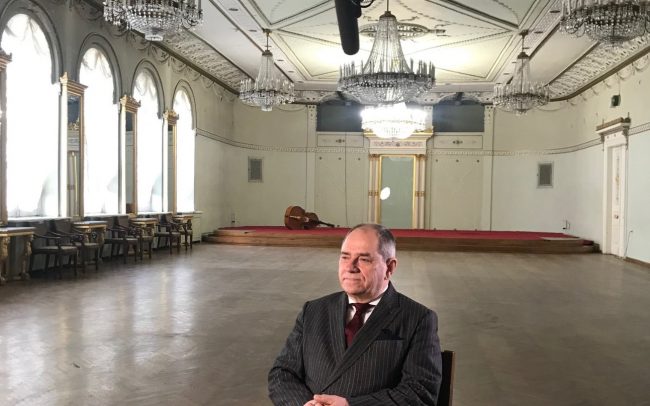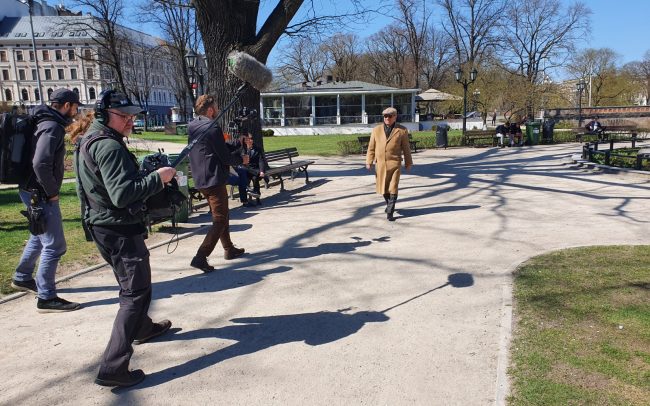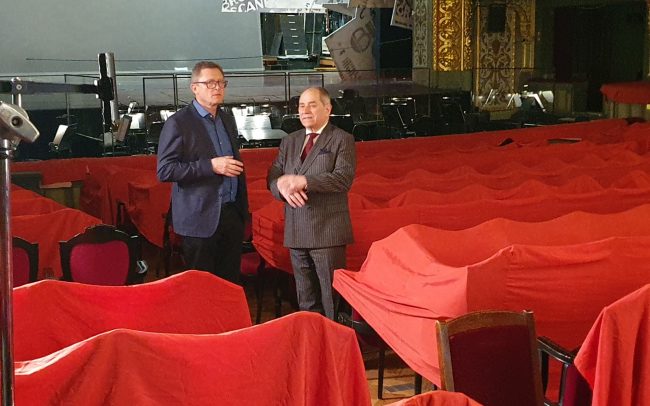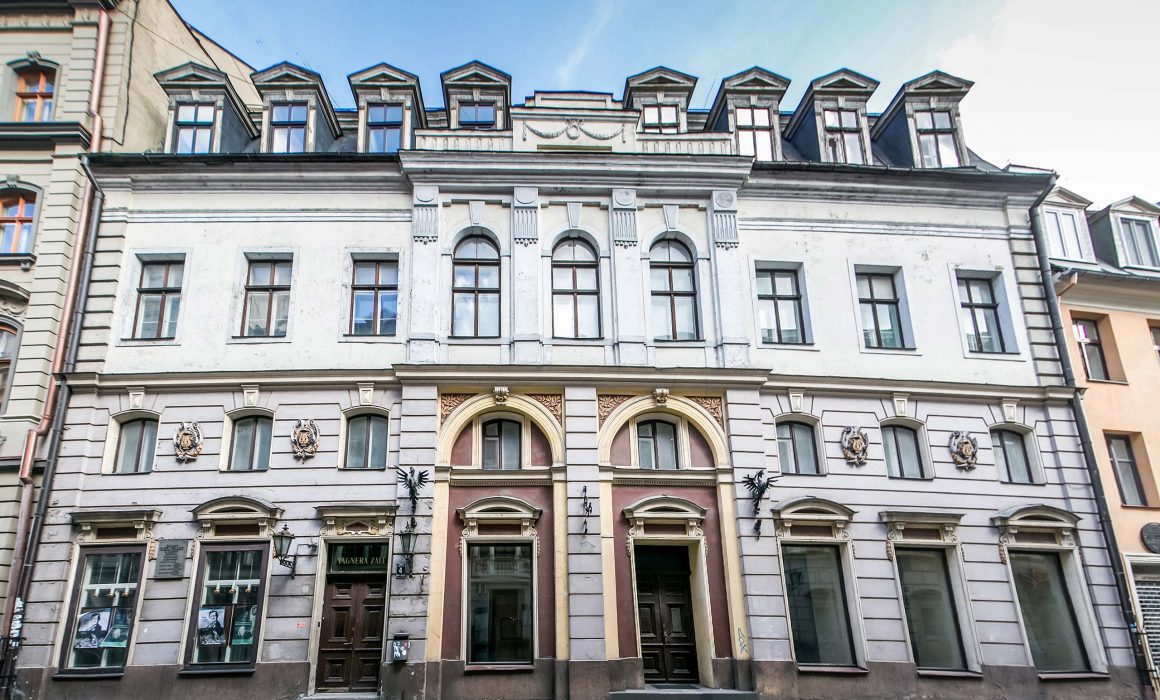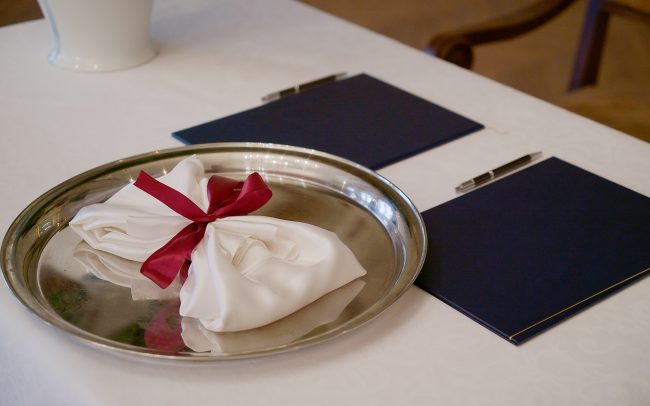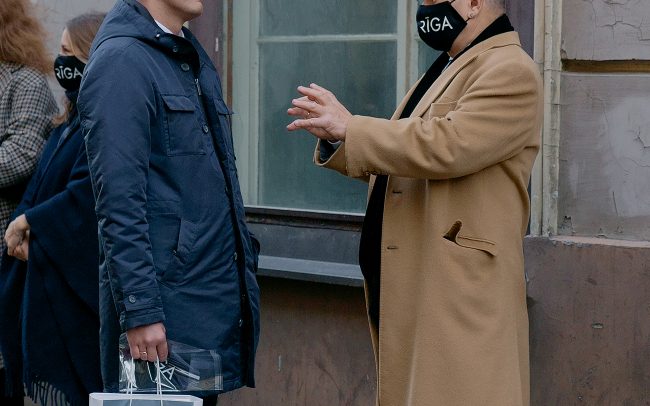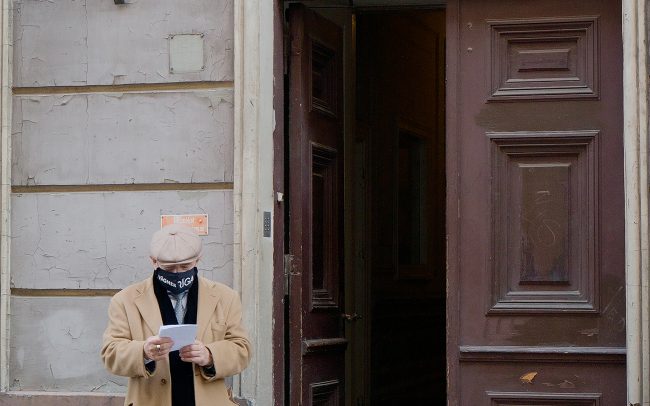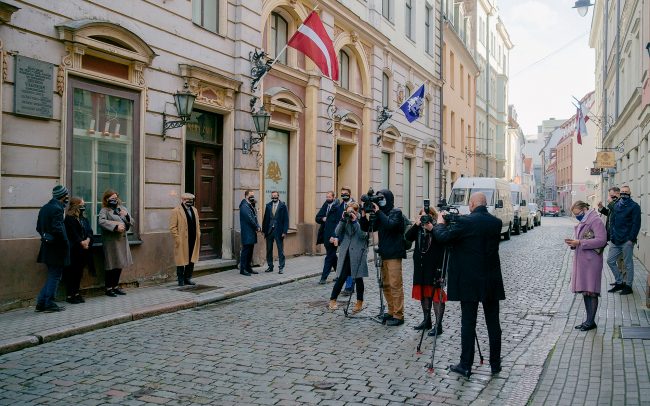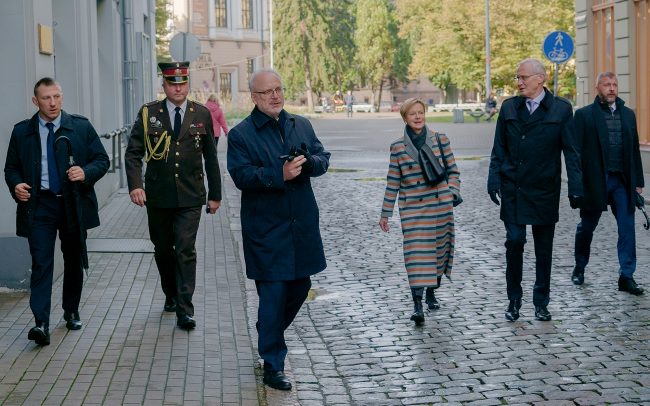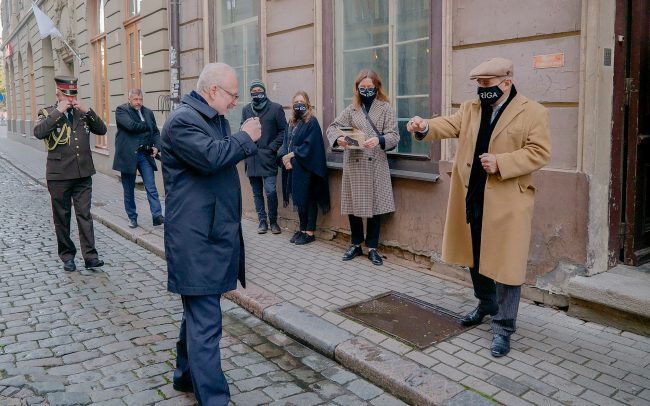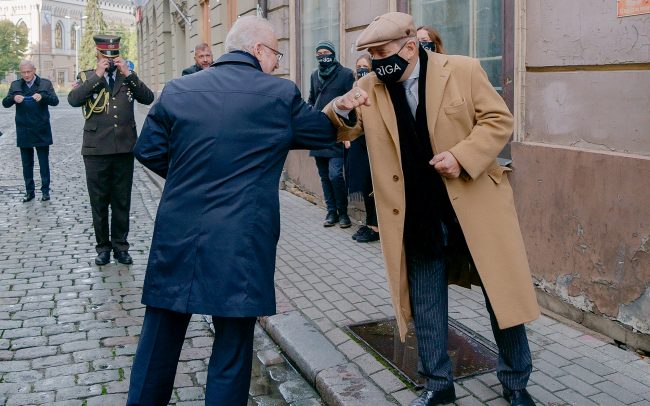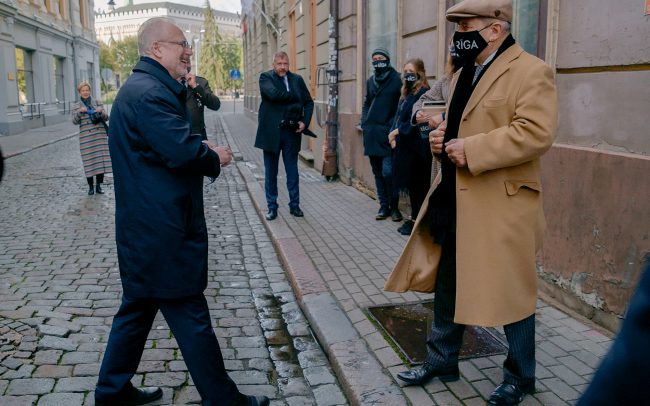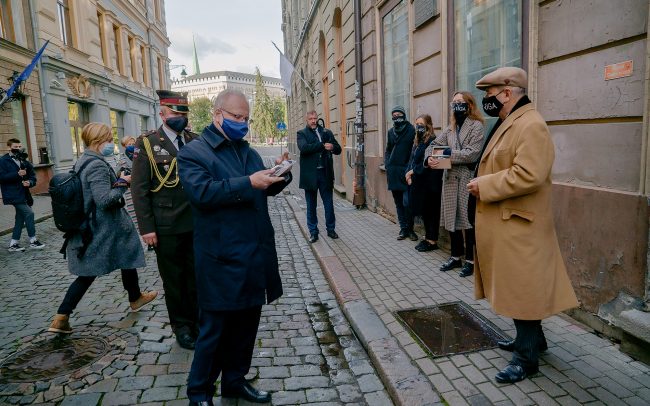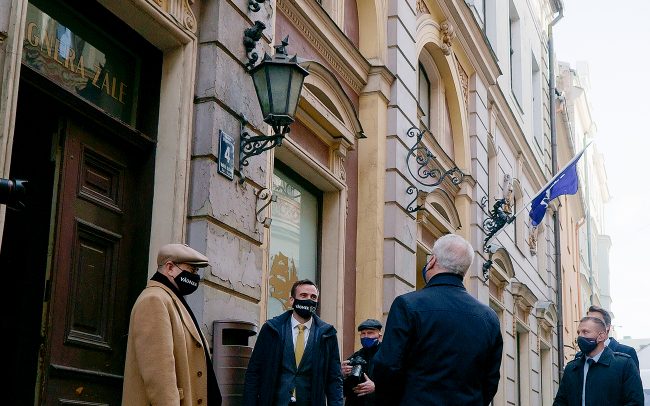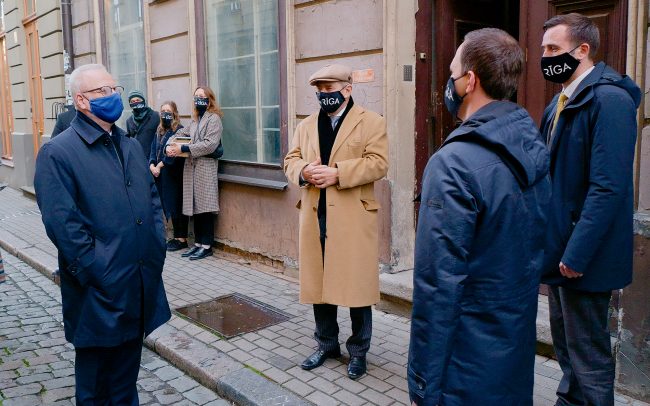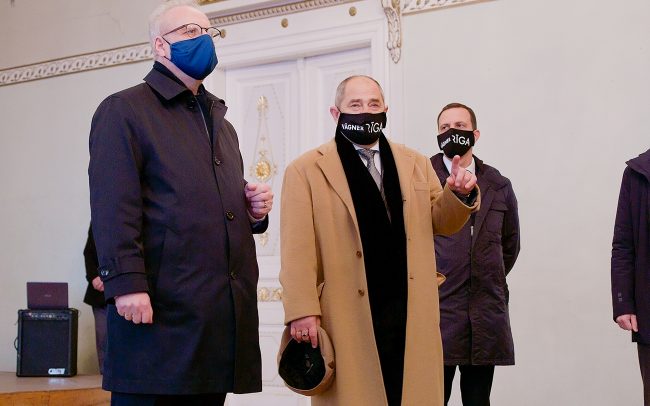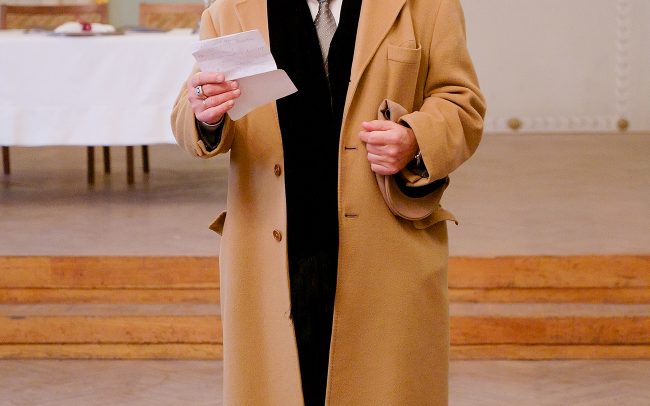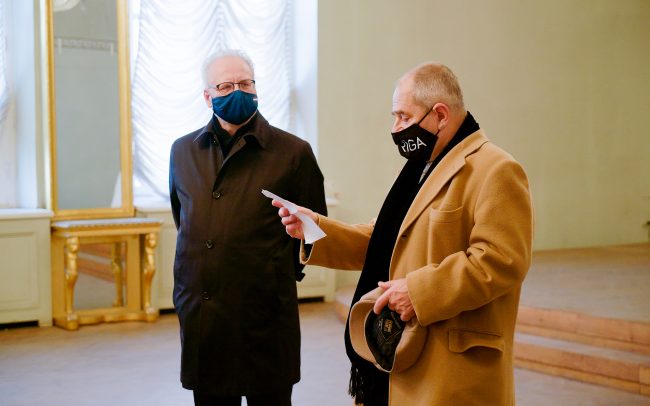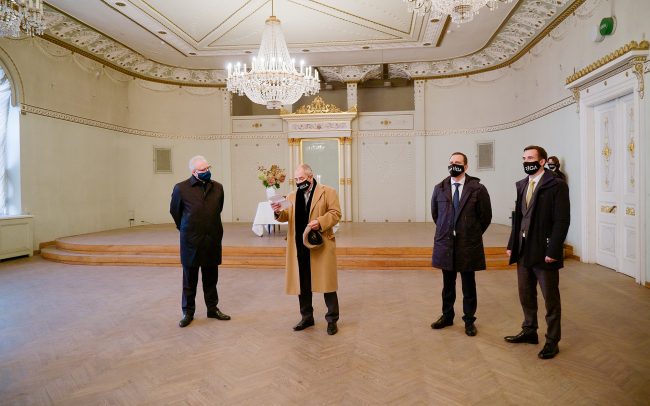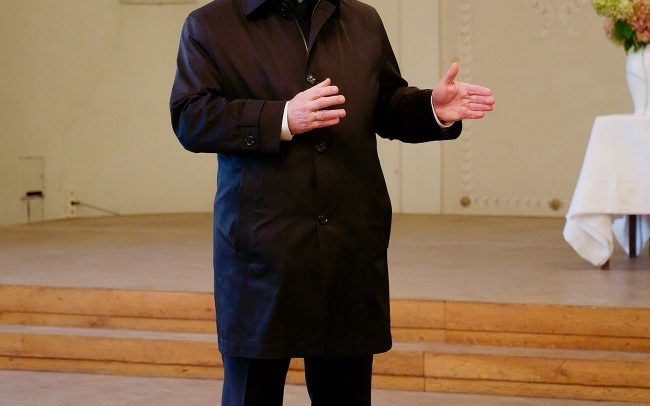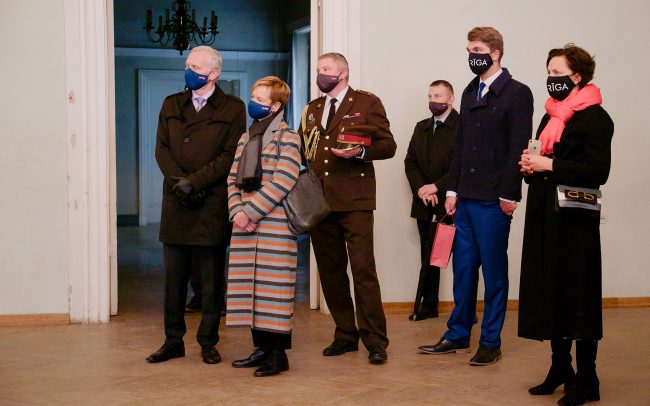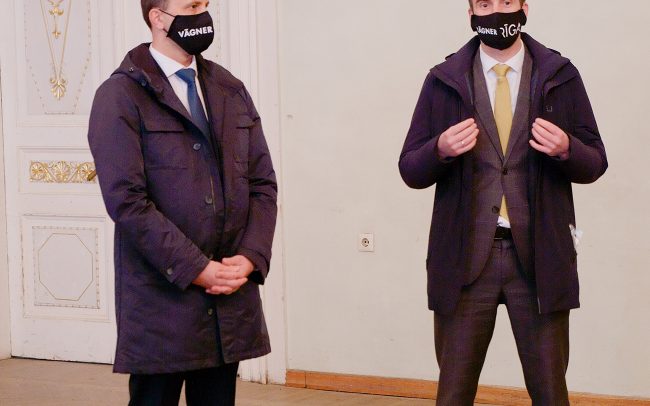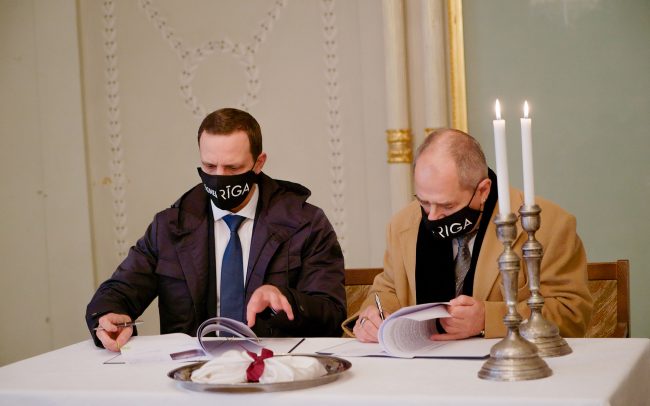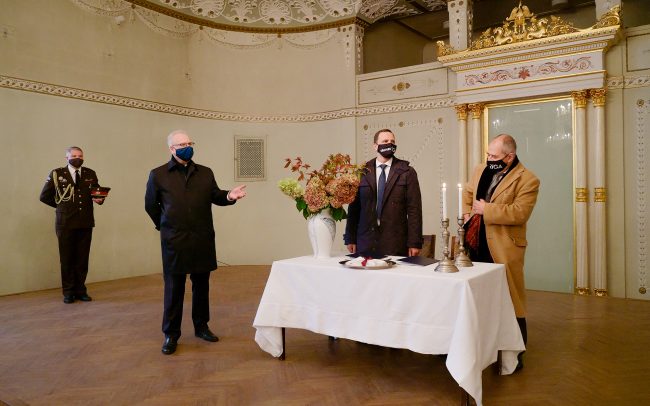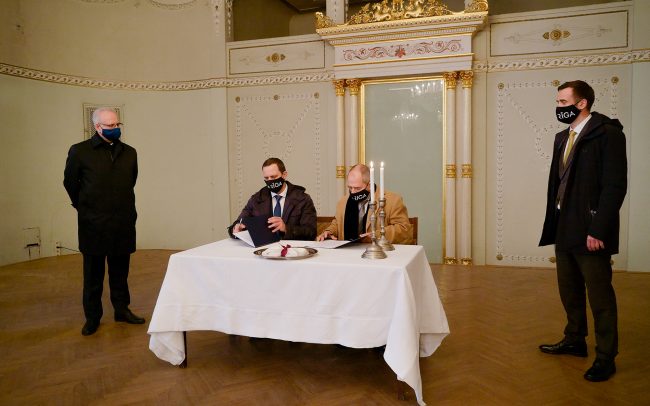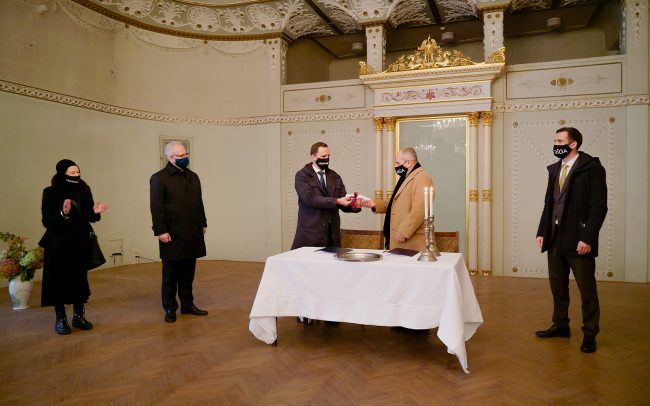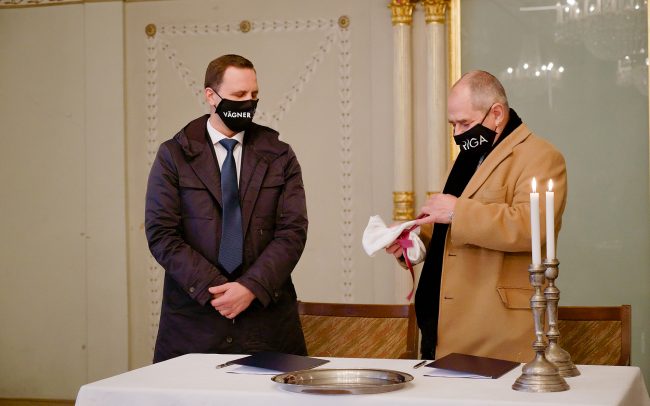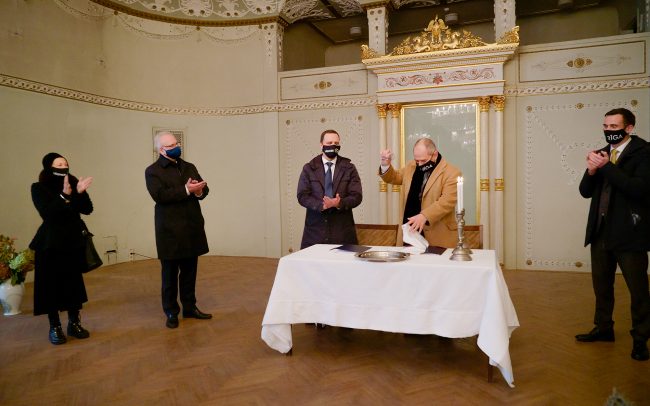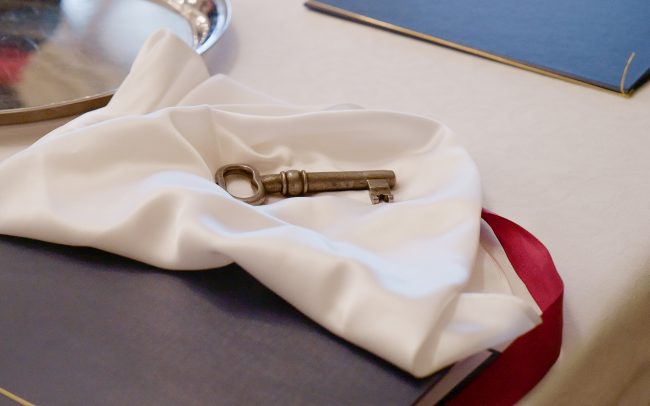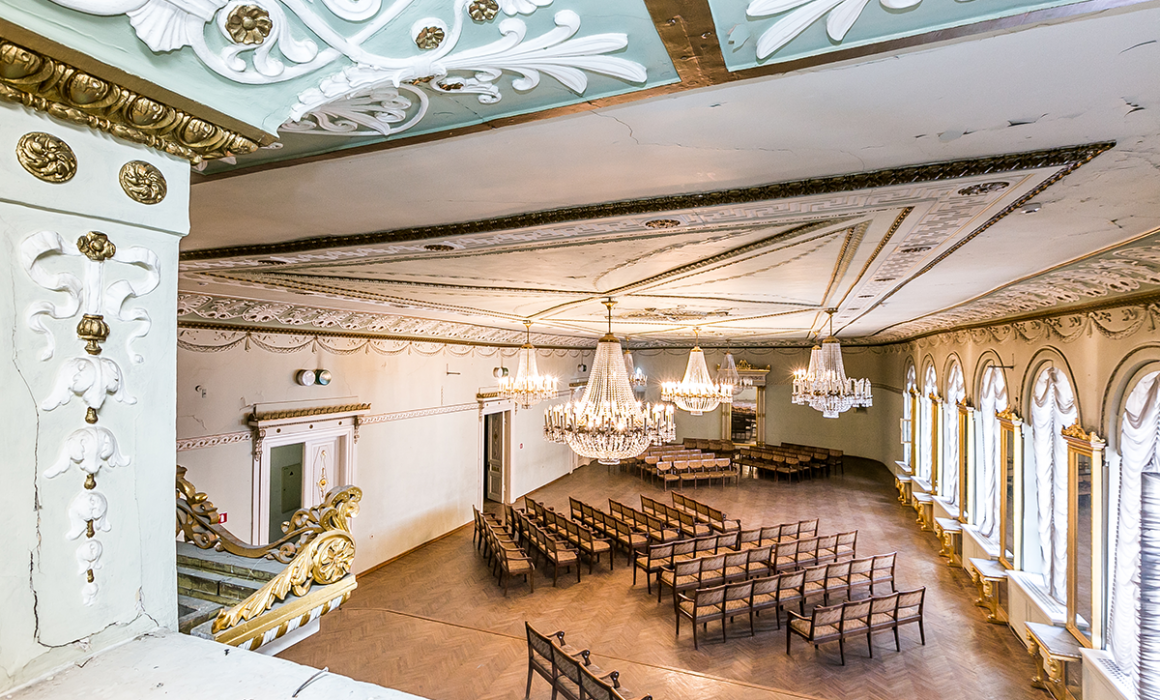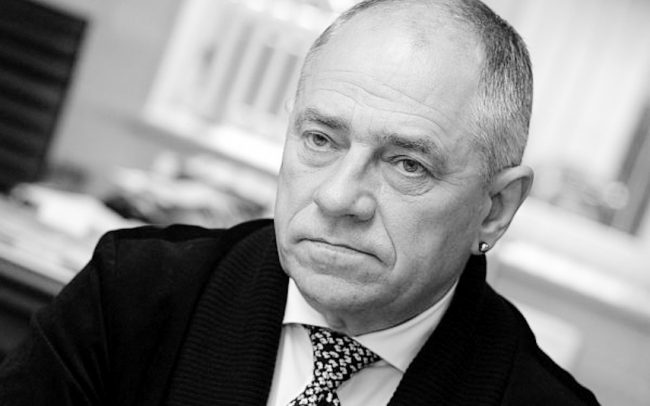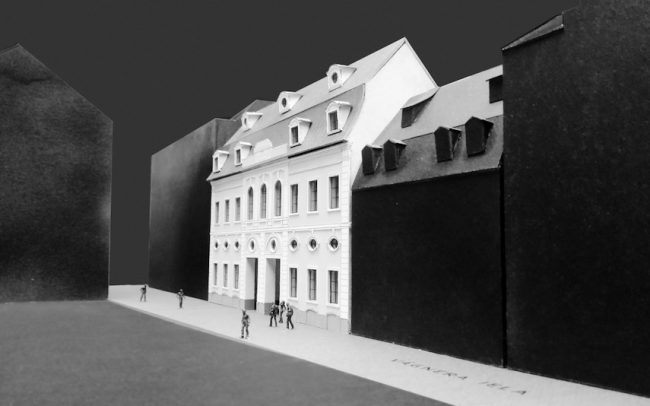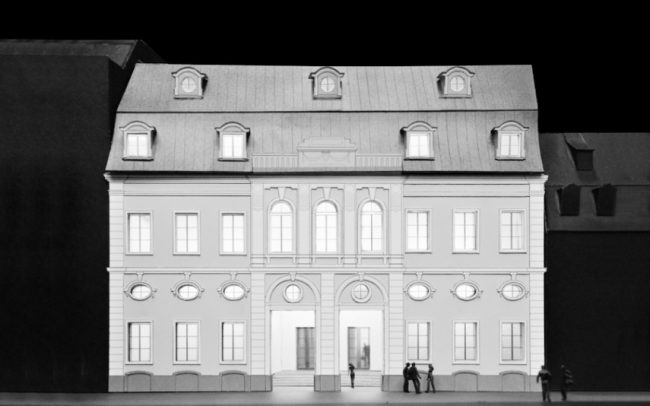Bundespräsident Frank-Walter Steinmeier übernimmt Schirmherrschaft für das Wagner Theater in Riga
Riga/Berlin: Während seines heutigen Berlin Besuchs bedankte sich der lettische Staatspräsident Egils Levits bei seinem Amtskollegen für dessen Entscheidung, gemeinsam mit ihm die Schirmherrschaft über das Wagner Haus in Riga zu übernehmen.
Die Vision der „Renaissance des Wagner Theaters Riga“, so der Projekttitel, ist die Entstehung eines Kulturzentrums im Nordosten Europas. Neben dem normalen Theaterbetrieb bietet das einmalige Gebäudeensemble in der Altstadt von Riga unendlich viel Platz: 5000qm wollen mit neuem Leben gefüllt werden.
Ein Gesamtkunstwerk des 21. Jahrhunderts soll hier entstehen, ein Inkubator aller Künste und ein internationaler Treffpunkt für junge Künstlerinnen und Künstler. In der Richard Wagner Straße 4, in der Richard Wagner selbst zwei Jahre (1837-1839) Kapellmeister war, folgen die Initiatoren so seinem Ausruf: „Kinder! Macht Neues“.
Der Gebäudekomplex wurde im Oktober 2020 vom lettischen Staat an die Richard Wagner Gesellschaft Riga zu eben diesem Nutzen übergeben. Der Deutsche Bundestag hat im Dezember 2020 einer Förderung des Projektes in Höhe von 5,2 Mio. Euro über sechs Jahre zugestimmt.
Der Initiator des Projekts, der ehemalige lettische Staatspräsident und Unternehmer Maris Gailis, der Vorsitzende des Richard-Wagner-Verbandes Riga: „Die Schirmherrschaft von Bundespräsident Frank-Walter Steinmeier für das Richard-Wagner-Haus in Riga ist ein Beleg für die internationale Bedeutung dieses Projekts und für die Stärkung der historischen kulturellen Bindungen im europäischen Kontext, insbesondere zwischen Lettland und Deutschland.“
Neben den beiden Präsidenten ist auch Eva Wagner-Pasquier, Festspielleiterin a.D., Schirmherrin des Projektes.
Pressekontakt in Riga:
Vaiva Bauze
vaiva.bauze@vagneriga.lv
Pressekontakt in Berlin:
Mechthild Foet
foet@alexiscsc.de
Bilder finden Sie hier.
Copyright: Lettische Präsidialkanzlei

